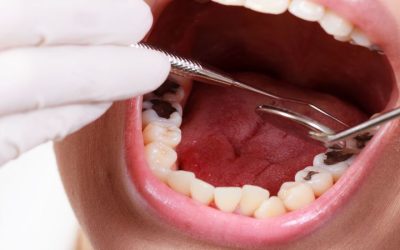Although receding gums can be frightening as well as painful, don’t let receding gums get you down. Depending on just how severe the problem is there are even steps that you can take at home that are effective forms of treatment. The first thing that you should do, and this is true with any oral civility problem, is to see your dentist to determine if professional intervention is required.
What causes receding gums?
Gum recession happens when the gum tissue pulls away from the tooth and lowers its position; the result is exposure of the tooth root. There are a number of reasons why this might happen and in many cases the treatment is dependent on the cause. The most common causes for receding gums are:
- Overly aggressive brushing and flossing: There is a big difference between brushing and “scrubbing.” Be gentle with your teeth and gums, you are supposed to be caring for them, not hurting yourself.
- Genetics: Not much you can do about your genetic makeup. If your parents have receding gums there is a very good chance that you will as well.
- Tooth alignment: If your teeth are not aligned properly gum recession can happen.
- Bruxism: This condition is commonly known as “tooth grinding.” If you find that you wake up tired, suffering from a headache chances are you grind your teeth during the night. This can do more than give you a headache, it can lead to gum recession and other dental problems.
- Trauma: Your gums may recede if you were in an accident where your teeth were impacted.
- Poor oral hygiene: This is one of the major causes of gum recession.
Treatment:
Don’t let receding gums get you down! When you catch it early chances are you can deal with it at home. Changing your oral hygiene habits, getting a mouth-guard to stop teeth grinding or replacing your toothbrush is all you may have to do.






